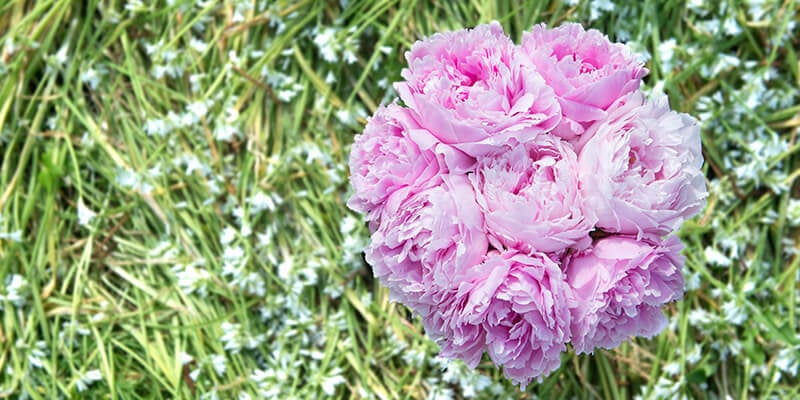
Flowers are incredible, they are beautiful to look at and fill our homes with sweet aromas but for thousands of years flowers have also been used for remedies in medicine because of their incredible healing properties.
Doctors recommend herbal remedies a lot more than you may think. The list of plants, herbs and flowers used to cure illnesses and health problems is endless, some flowers can be used to cure heart failure and even mend broken bones. Be sure to always check with your GP or doctor before trying anything new. Perhaps a natural remedy could be the answer to some of those niggling health issues you have been experiencing! Be sure to always check with your GP or doctor before trying anything new.
Take a look at our list of our favourite flowers and their healing properties, in our handy little guide.
Roses
Known for their delicate petals and luscious sweet scent, roses are grown in many colours all around the world. During World War 2 they gathered roses and created a syrup which was extremely rich in vitamin C which was amazing for relief from coughs and colds. Roses are known medicinally for relieving joint pains and being used as an anti-inflammatory.
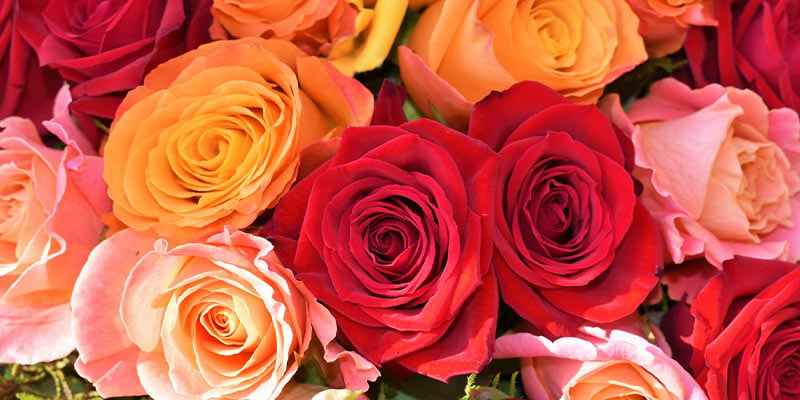
Evening primrose
Research has suggested that evening primrose can ease depression, reducde prostate swelling and balance hormones. The seed oil contains fatty acids that balance female hormones and improve circulation of the blood. Native North Americans even made poultices with the plant’s leaves to treat bruises and haemorrhoids.
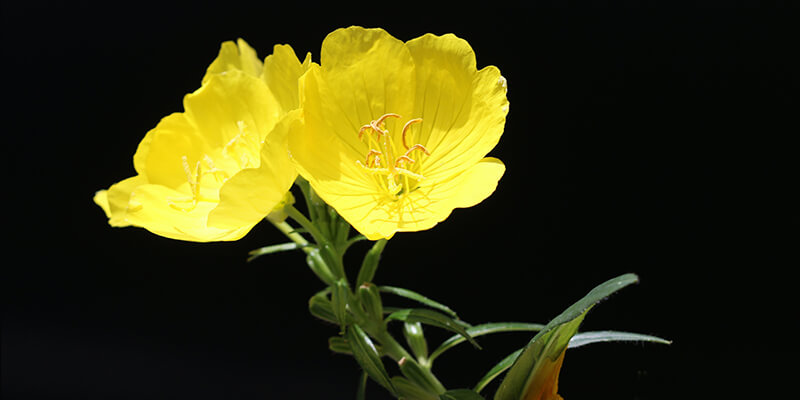
Lavender
Lavender has lots of uses, from a perfume for fabric and leather to an antiseptic skin wash for acne. For thousands of years lavender has been used to aid sleep and is still recommended by doctors today. Its blissful scent has been proven to relax our bodies and soothe us into a deep sleep. It has been said that as parts of the flower are turned into a drug it can relieve digestion.
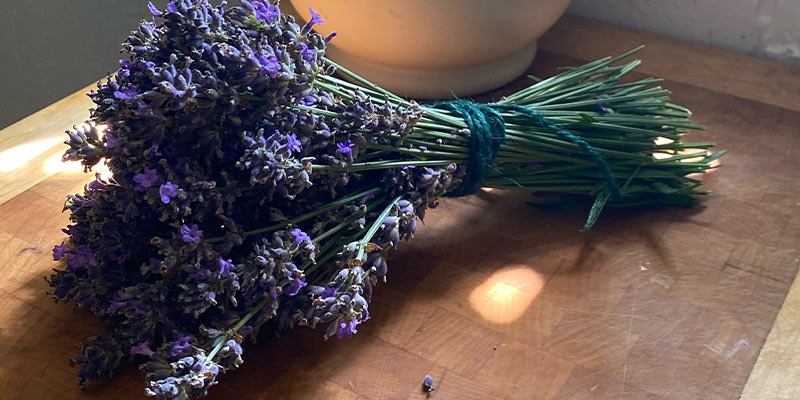
Chamomile
Chamomile is a well known healing flower. Used mainly in teas for digestion and aiding sleep, it is not common knowledge that chamomile acts as an anti-spasmodic for such problems as stomach cramps and indigestion. Chamomile treats a plethora of common ailments and its usefulness is supported by scientific research.
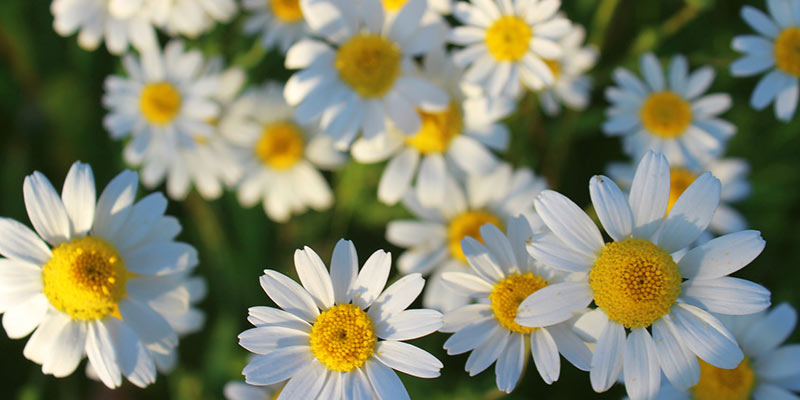
Marigold
Marigold is a member of the daisy family and it is traditionally used to treat minor wounds and can even help skin conditions such as acne. Modern science tells us that these effects are due to the presence of different kinds of glycosides, which have shown to be anti-inflammatory, antiviral and anti-carcinogenic. These compounds are also associated with antispasmodic effects and a tea or extract made from the flowers is taken internally to ease cramps.
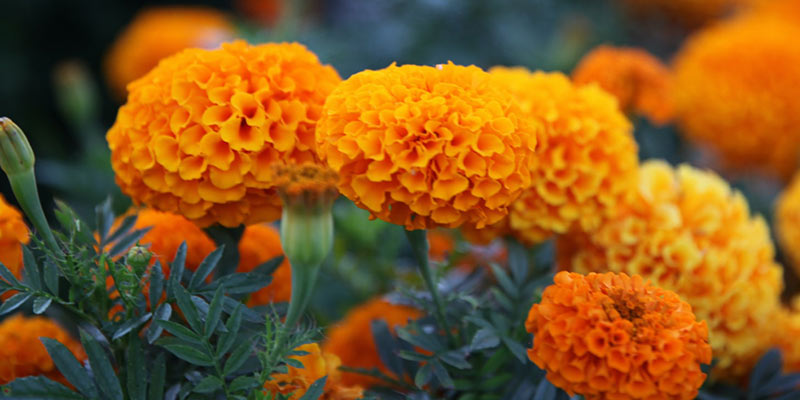
St. John’s Wort
In Germany, St. John’s wort (Hypericum perforatum) is widely used to treat depression in adults and adolescents. Although not proven it is said the effects were noticeable in studies. The oil and tincture of St. John’s wort, made from both leaf and flower, are antiseptic and anti-inflammatory. Preparations made from this herb are also being studied for other applications, including the treatment of Parkinson’s disease, attention span deficit disorder, irritable bowel syndrome, premenstrual syndrome and alcoholism.
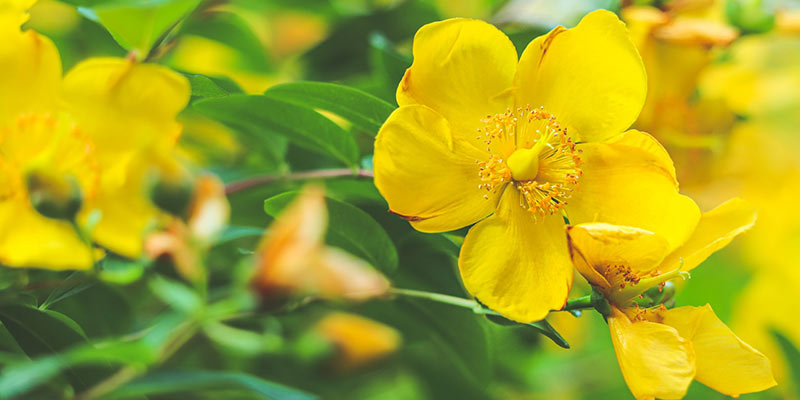
Sources: Net Doctor, HerbCo

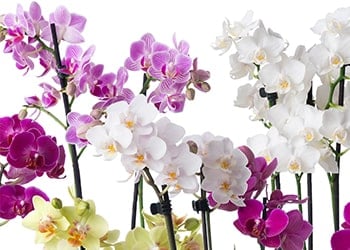




